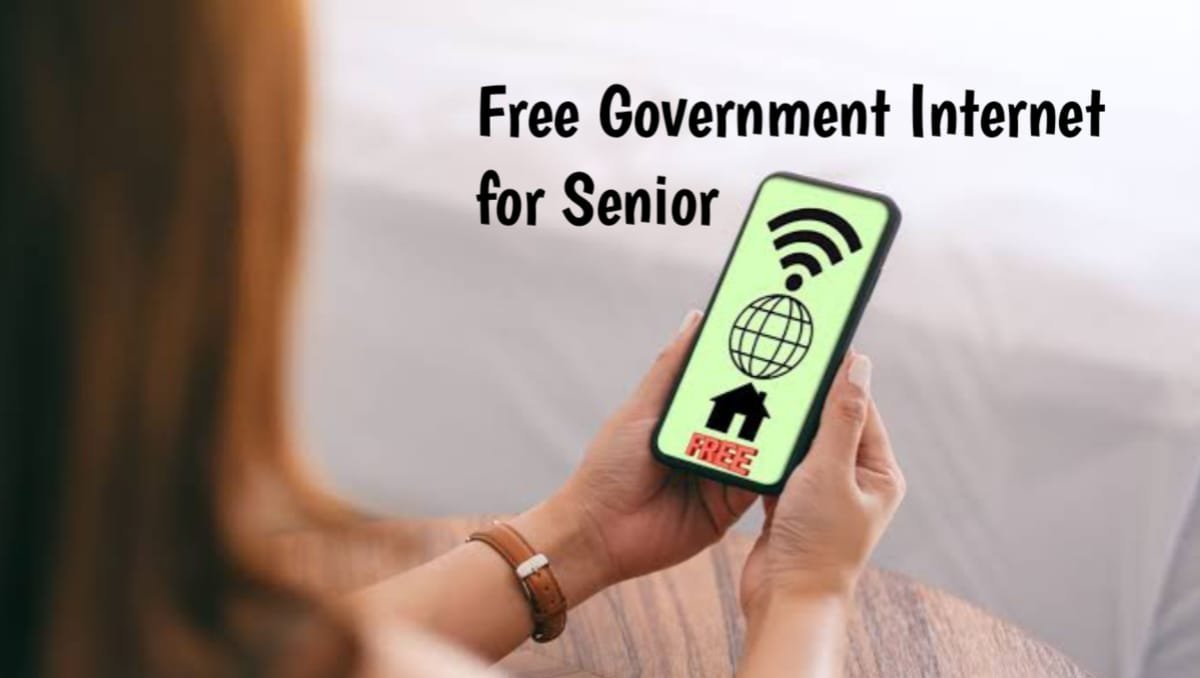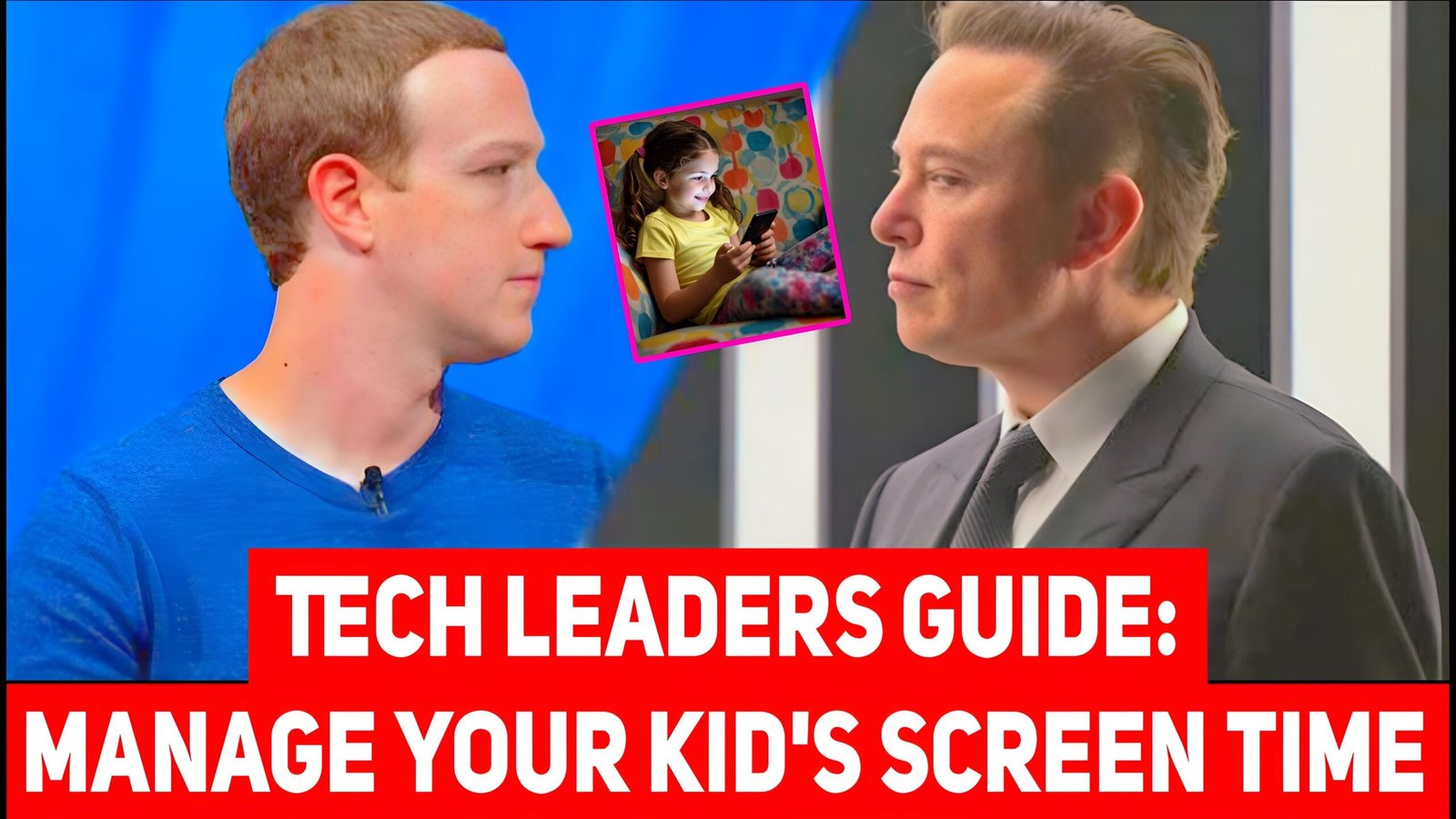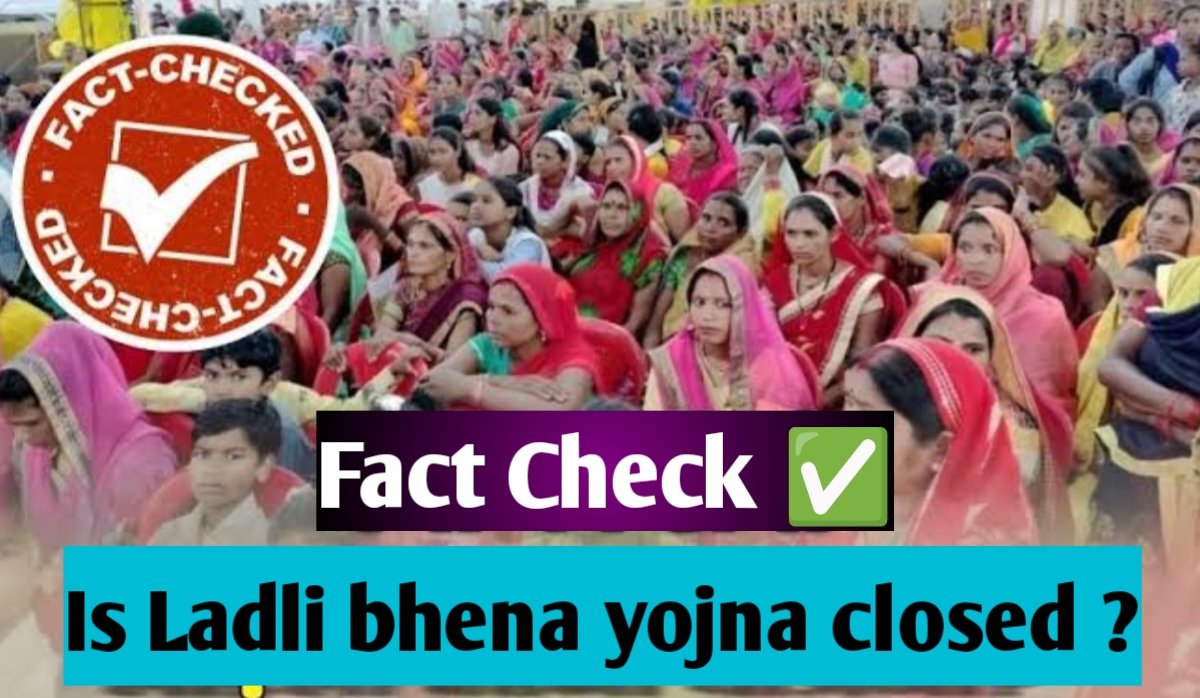
In the digital age, internet access has become essential for staying connected, accessing information, and managing daily tasks. For seniors, especially those on fixed incomes, the cost of internet service can be a barrier. Fortunately, there are programs and initiatives in place that provide free or low-cost internet options specifically designed for seniors through government assistance. This article explores various programs and steps seniors can take to access free government internet services.
Understanding the Need
Access to the internet is crucial for seniors to stay in touch with family and friends, manage healthcare needs, access vital services, and engage in lifelong learning. Recognizing this need, several government programs and partnerships aim to bridge the digital divide by offering affordable or free internet services to eligible seniors.
Programs Offering Free Government Internet for Seniors
- Lifeline Program: The Lifeline program is a federal initiative that provides a monthly discount on phone or internet service for eligible low-income households. Seniors who receive Supplemental Security Income (SSI), Medicaid, SNAP, Federal Public Housing Assistance, or Veterans Pension and Survivors Benefit may qualify for this program. Eligibility criteria vary by state, so it’s essential to check with local providers or the Lifeline Support Center.
- Comcast Internet Essentials: Comcast offers the Internet Essentials program, which provides affordable internet service to low-income families and seniors. Eligible seniors can receive high-speed internet for $9.95 per month, along with the option to purchase a computer for $149.99 plus tax. To qualify, seniors must be receiving public assistance such as Medicaid, SNAP, or SSI, among others.
- EveryoneOn: EveryoneOn is a nonprofit organization that connects low-income individuals, including seniors, to affordable internet service and devices. By entering your zip code on their website, you can find offers from local internet service providers and community organizations that provide discounted or free internet services.
- ConnectHomeUSA: ConnectHomeUSA is an initiative launched by the Department of Housing and Urban Development (HUD) to provide internet access to residents of HUD-assisted housing. Seniors living in HUD-assisted housing may be eligible for low-cost internet service through participating providers.
Steps to Apply for Free Government Internet
- Check Eligibility: Determine your eligibility for programs like Lifeline or Internet Essentials by reviewing income requirements and qualifying public assistance programs. Each program has specific criteria that must be met to receive benefits.
- Contact Providers: Reach out to internet service providers participating in these programs. Providers such as Comcast, AT&T, and Spectrum offer discounted or free internet services through various initiatives. Contact their customer service or visit their websites to inquire about available programs for seniors.
- Submit an Application: Complete the application process as required by the program or provider. This typically involves providing proof of eligibility, such as documentation of income or participation in qualifying assistance programs.
- Receive Approval: Once your application is approved, you will be notified of your eligibility for free or discounted internet service. Some programs may also provide additional resources, such as low-cost computers or digital literacy training.
- Installation and Support: Schedule the installation of your internet service and take advantage of any additional support offered, such as technical assistance or training on how to use the internet effectively and safely.
Importance of Internet Access for Seniors
Access to the internet opens up a world of possibilities for seniors, enhancing their quality of life and enabling them to:
- Stay connected with family and friends through video calls and social media.
- Access telehealth services for medical consultations and prescriptions.
- Manage finances and access online banking services.
- Explore hobbies, research interests, and participate in online communities.
- Stay informed with news updates and information relevant to their interests.
Conclusion
Access to free government internet for seniors is not only about affordability but also about ensuring inclusivity and connectivity in an increasingly digital world. By taking advantage of programs like Lifeline, Internet Essentials, and others, eligible seniors can enjoy the benefits of internet access without financial strain. These programs not only provide connectivity but also empower seniors to lead more independent and informed lives. For seniors seeking to apply, researching local options and contacting providers are crucial first steps toward accessing free or low-cost internet services tailored to their needs. By bridging the digital divide, these initiatives contribute to a more connected and equitable society for seniors across the United States.







